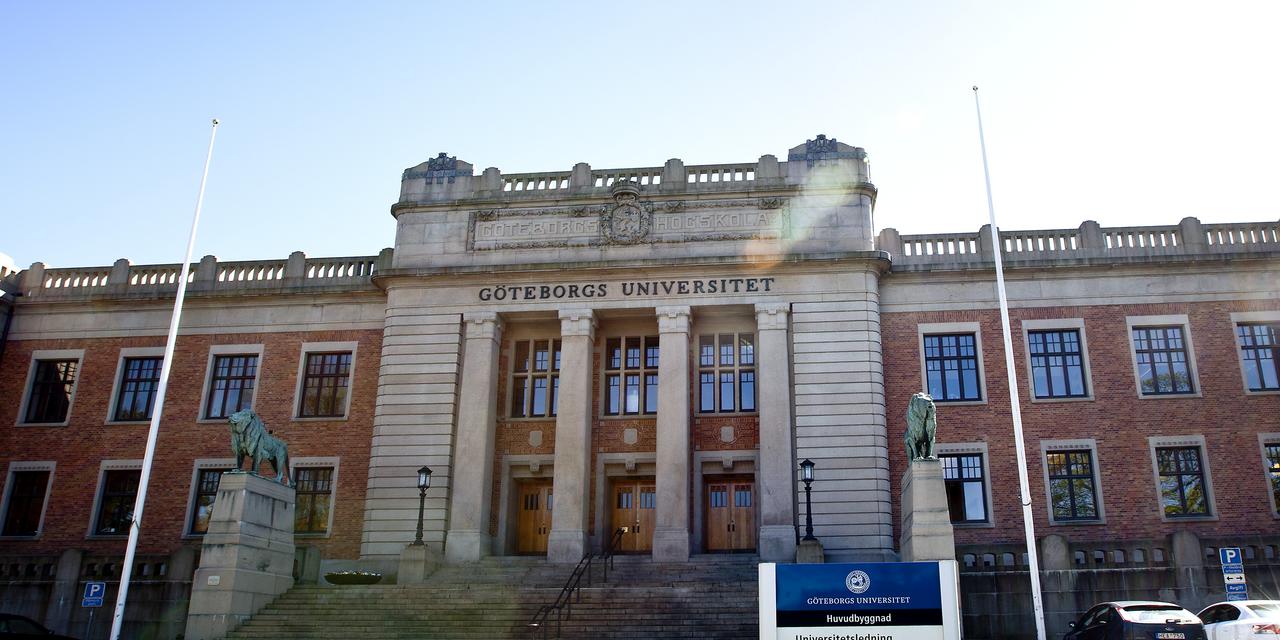On September 6th, the project participants had their biannual in-person meeting in the premises of the University of Gothenburg. These meetings are planned for the whole project team to meet and exchange experiences and findings from their respected fieldwork, discuss scientific output in the making, and make plans for upcoming events, publications, participation in conferences, and ongoing and future research.
We discussed our initial fieldwork at different sites, focusing on our field trips along the land borders between Norway and Sweden and between Sweden and Denmark. The fieldwork at these borders shows initial exciting insights about the balancing of openness and security and how the work of different actors and technology is organized in the context of the inner borders. We have also initiated contacts and fieldwork at several airports and look forward to dig into that.
The project team has also started several writing projects that are planned to be advanced during the Fall and submitted for publication. Three were in focus during the meeting. Elena Raviola, Ursula Plesner and Luna Rasmussen are co-authoring the method paper “Cutting through complexities”, presenting the project’s collective work of mapping documents that relate to technologies & borders in the Nordic countries and inventing practical strategies to cut through the institutional density and technological opacity of this field. With a simply-coded visualization, the ambition is to create a tool that will also be available to other researchers to use in their projects. Bertil Rolandsson, Ursula Plesner and Luna Rasmussen are working on another paper, also presented in the Nordic STS conference, “Accelerated retrofitting: Infrastructuring for openness and security at the digital Nordic Borders through 20 years”. The paper, based on the results of our document analysis, focuses on the technological and political developments in the Nordic borders over the last 20 years, through an infrastructural lens, focusing on the retrofitting of new technologies on existing frameworks, policies and practices. Finally, Jan Ljungberg, Marie Eneman and Elena Raviola are writing a paper drawing on dystopian futures of surveillance, currently entitled “Dystopian imaginaries of surveillance – from fiction to the contemporary surveillance society”. The paper analyses dystopian futures’ representation through works of fiction, in film and literature and it has also already presented at the 17th Oganizational Studies Workshop in Athens in May 2023.
The workshop concluded with discussions about future publication possibilities as well as novel outreach activities. We had also the pleasure to have a guided visit to the photography exhibition of the works by Klara Källström and Tobias Fäldt at the Hasselblad Foundation (https://www.hasselbladfoundation.org/en/portfolio_page/klara-kallstrom-thobias-faldt-2/). Klara, who is now PhD student at the Department of Applied IT in Gothenburg, and Tobias gave us many inspiring insights for discussion during our dinner!
